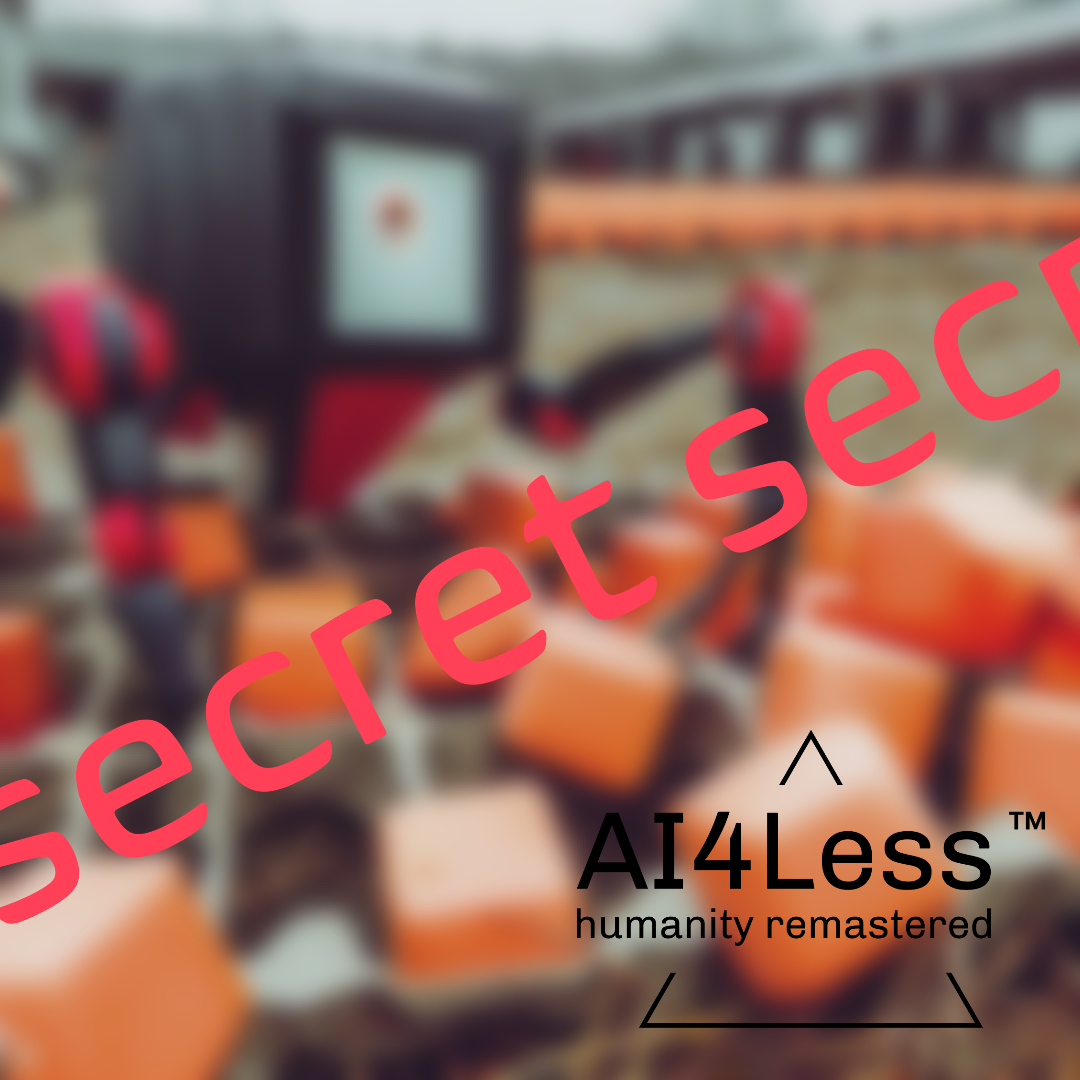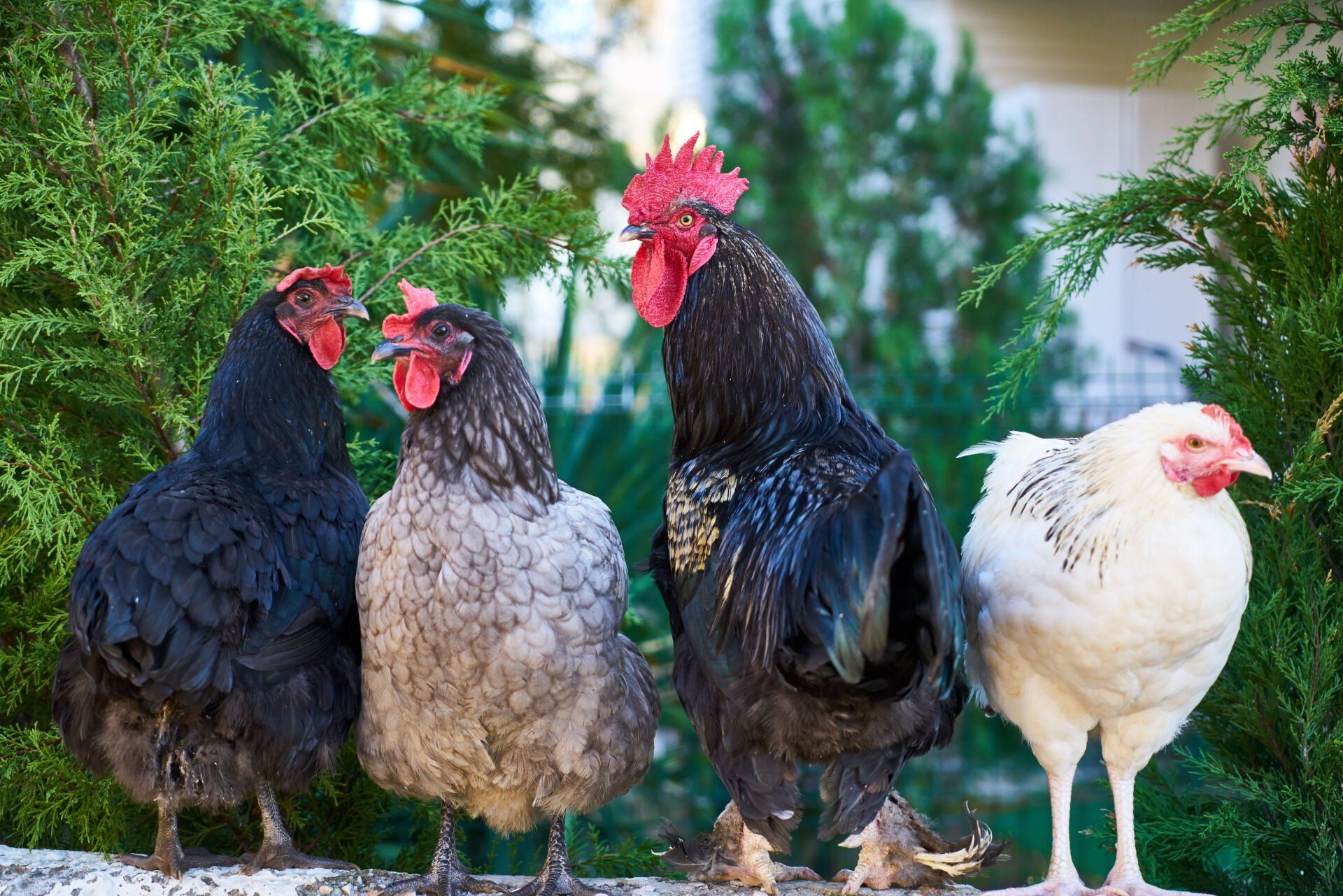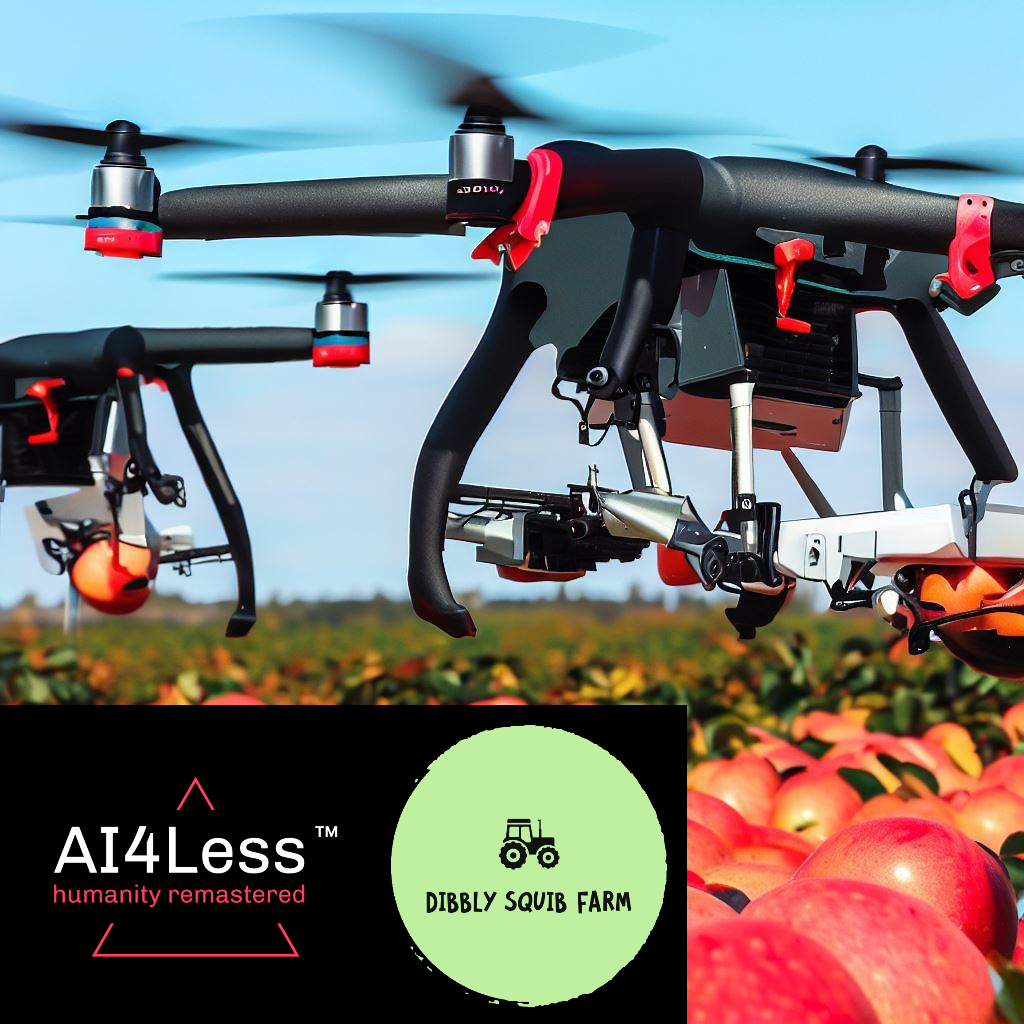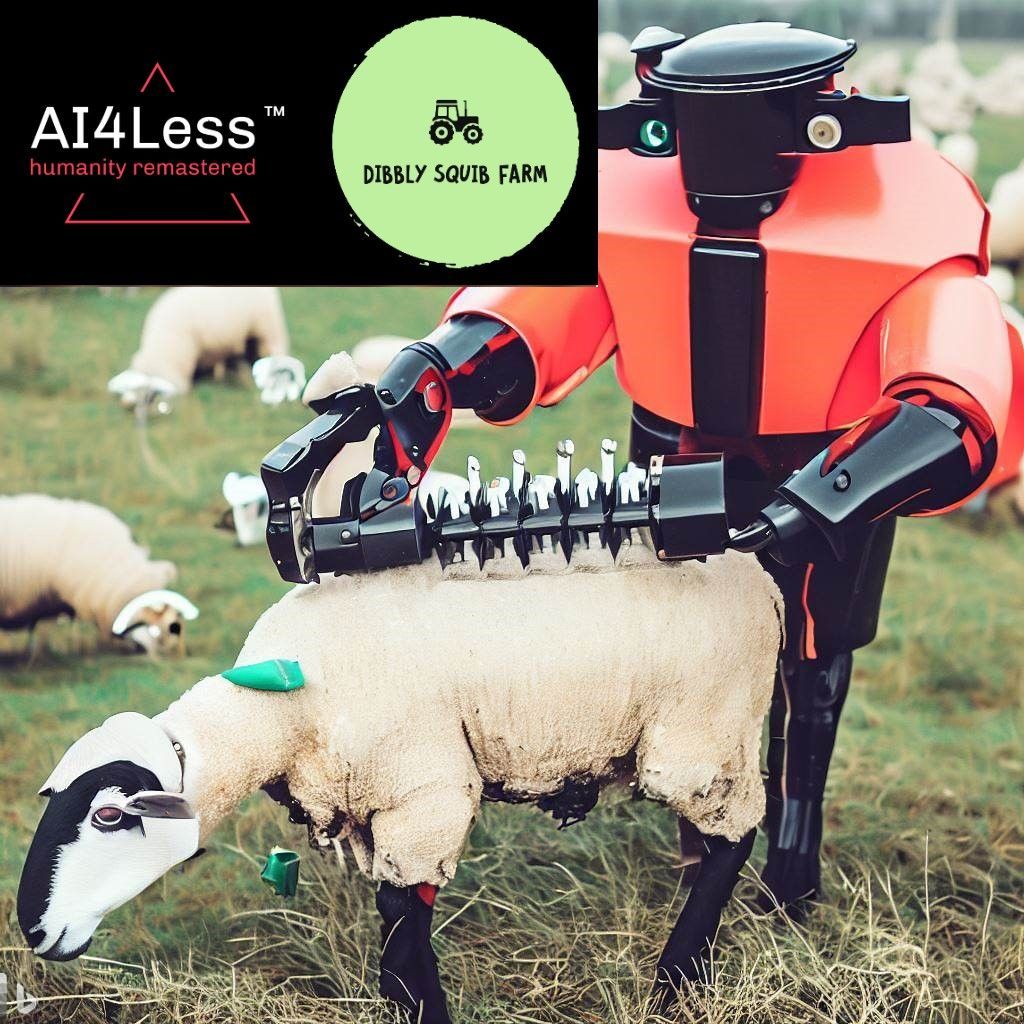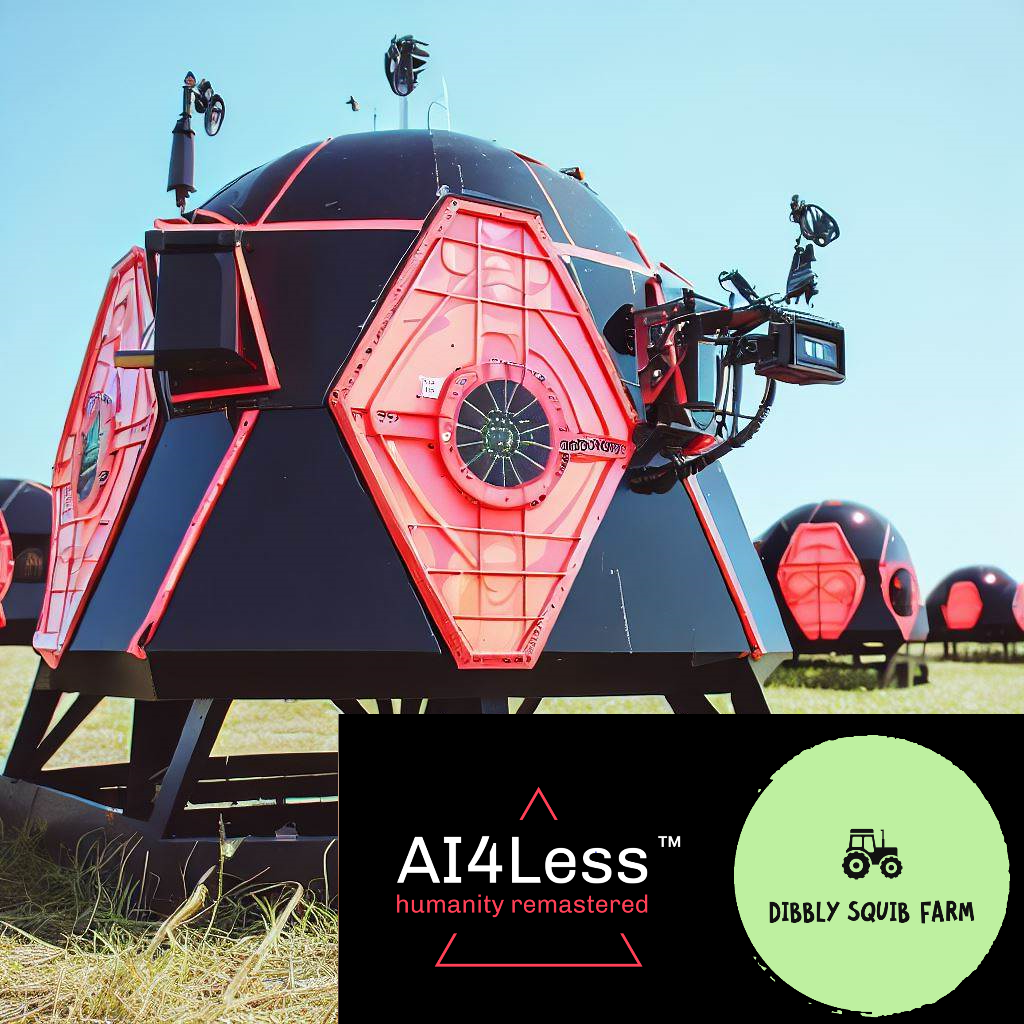Client Success: Genetic Engineering Breakthrough: AI4Less and Dibbly Squib Farm Collaborate to Engineer Square Hen's Eggs
"Dibbly Squib Farm faced the challenge of altering the natural shape of hen's eggs through genetic engineering."
Client Background:
Dibbly Squib Farm, an innovative agricultural enterprise, was constantly seeking ways to push the boundaries of traditional farming practices. In their pursuit of groundbreaking advancements, the farm owners decided to explore the possibility of genetically engineering square-shaped hen's eggs, driven by their curiosity and the potential benefits it could offer.
Challenge Faced:
Dibbly Squib Farm faced the challenge of altering the natural shape of hen's eggs through genetic engineering. They sought an advanced solution that could leverage cutting-edge technologies to achieve this unique objective, while maintaining the highest standards of safety and animal welfare.
Solution Offered:
To address this ambitious challenge, Dibbly Squib Farm engaged AI4Less, a leading AI technology company renowned for their expertise in genetics and innovative solutions. They collaborated to utilize AI-driven genetic engineering techniques to develop a process capable of producing square hen's eggs.
"The introduction of square hen's eggs brought several advantages for Dibbly Squib Farm. The unique shape allowed for more efficient packaging, storage, and transportation, optimizing space utilization and reducing waste."
Implementation:
AI4Less assembled a team of skilled genetic engineers, biologists, and AI specialists to tackle this groundbreaking project. They leveraged advanced AI algorithms and computational modeling to analyze genetic data and identify potential genetic modifications that could alter the hen's egg shape.
The team used AI to simulate and optimize genetic changes, ensuring minimal disruption to the hen's reproductive cycle and overall health. They combined cutting-edge gene editing techniques with AI-driven optimization to successfully engineer a genetic modification that resulted in square-shaped hen's eggs.
To carry out the genetic modifications, AI4Less employed precise gene-editing technologies such as CRISPR-Cas9 under strict ethical guidelines. They focused on modifying specific regions associated with eggshell development, allowing the shells to form in a square shape while maintaining the integrity and safety of the genetic material.
Results and Outcome:
The collaboration between Dibbly Squib Farm and AI4Less led to the groundbreaking achievement of successfully engineering square hen's eggs. The project demonstrated the significant potential of AI and genetic engineering to reshape farming practices.
The introduction of square hen's eggs brought several advantages for Dibbly Squib Farm. The unique shape allowed for more efficient packaging, storage, and transportation, optimizing space utilization and reducing waste. The square shape also provided greater stability, decreasing the likelihood of the eggs rolling and potentially cracking during handling.
Moreover, the project attracted significant attention and interest from consumers. The novel and visually distinct square-shaped eggs became a symbol of innovation and sustainability, drawing attention not just from farm-to-table enthusiasts, but also from the culinary and food design industries.
Lessons Learned:
Dibbly Squib Farm's collaboration with AI4Less to genetically engineer square hen's eggs underscored the remarkable potential of AI and genetic engineering in agriculture. The project demonstrated the importance of responsible research and the integration of ethical considerations while pushing the boundaries of innovation.
The collaboration also highlighted the significance of raising awareness and educating the public about genetically modified organisms, aiming to foster understanding and acceptance of such innovations.
Conclusion:
Dibbly Squib Farm's collaboration with AI4Less to genetically engineer square hen's eggs showcased a pioneering achievement in agricultural innovation. Through the use of AI-driven genetic engineering, the project introduced a novel and visually distinct product while maintaining the highest standards of safety and animal welfare.
The successful implementation of this project exemplified Dibbly Squib Farm's commitment to pushing boundaries, exploring innovative solutions, and addressing consumer demands. The collaboration between Dibbly Squib Farm and AI4Less exemplified the powerful potential of AI and genetic engineering to revolutionize the agricultural industry, sparking further excitement and interest in the future of food production.
